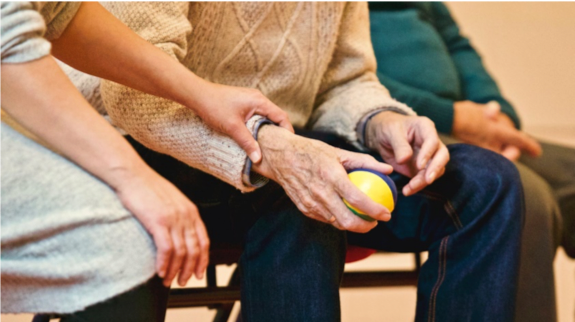
Grief is a natural part of life and something that will touch everyone at some point. However, that doesn’t make the process any easier for the person experiencing it. While many people will call on their friends and family for help and support, there are times when additional help is required. Here we will look at bereavement counselling – what it is, what to expect and how to find a counsellor or therapist to work with.
What is bereavement counselling?
Bereavement is one of the hardest things that happens to us in our lives. In the weeks and months following the loss of a loved one it is not unusual to experience feelings of sadness, shock, loneliness, longing, fear, anger or something else entirely. Typically, these feelings should lessen over time, however if they don’t and a person is beginning to struggle, then they should consider reaching out.
Many people rely on support networks of friends and family to discuss their emotions and feelings, but for some people that is either not an option or does not help to resolve their problems. This is why seeking out grief therapy, or bereavement counselling as it is also known, is often a good option.
Bereavement counselling covers a wide range of treatments and approaches that are designed to help people through the grieving process. Everyone is different and has different circumstances under which they have lost someone, so they may move through the seven stages of grief, which commonly include anger, disbelief, denial, bargaining, guilt and depression, at different paces. Therapy aims to help people understand each stage and help move them more easily towards what is the final stage of grieving – acceptance.
Whether bereavement counselling takes place as a regular or one off one-on-one private session, or in a group setting, many people find that it helps them release many of their pent-up emotions. While some people may have reservations about therapy as they feel it may make them appear weak or unstable, it in fact signals the opposite – that you are a strong person who knows that it is important to seek help when it is needed.
How to get bereavement counselling?
There are several ways to seek out bereavement counselling. One option is to talk to your GP who will be able to recommend services and groups in your area. Another option is to seek out a private therapist. You can also call the Bereavement Advice Centre helpline for free on 0800 634 9494 who offer practical help around the issue of bereavement.
For help and advice on organising a funeral, please contact us on 0151 228 3900, or leave us a message through our contact us page by clicking here.
